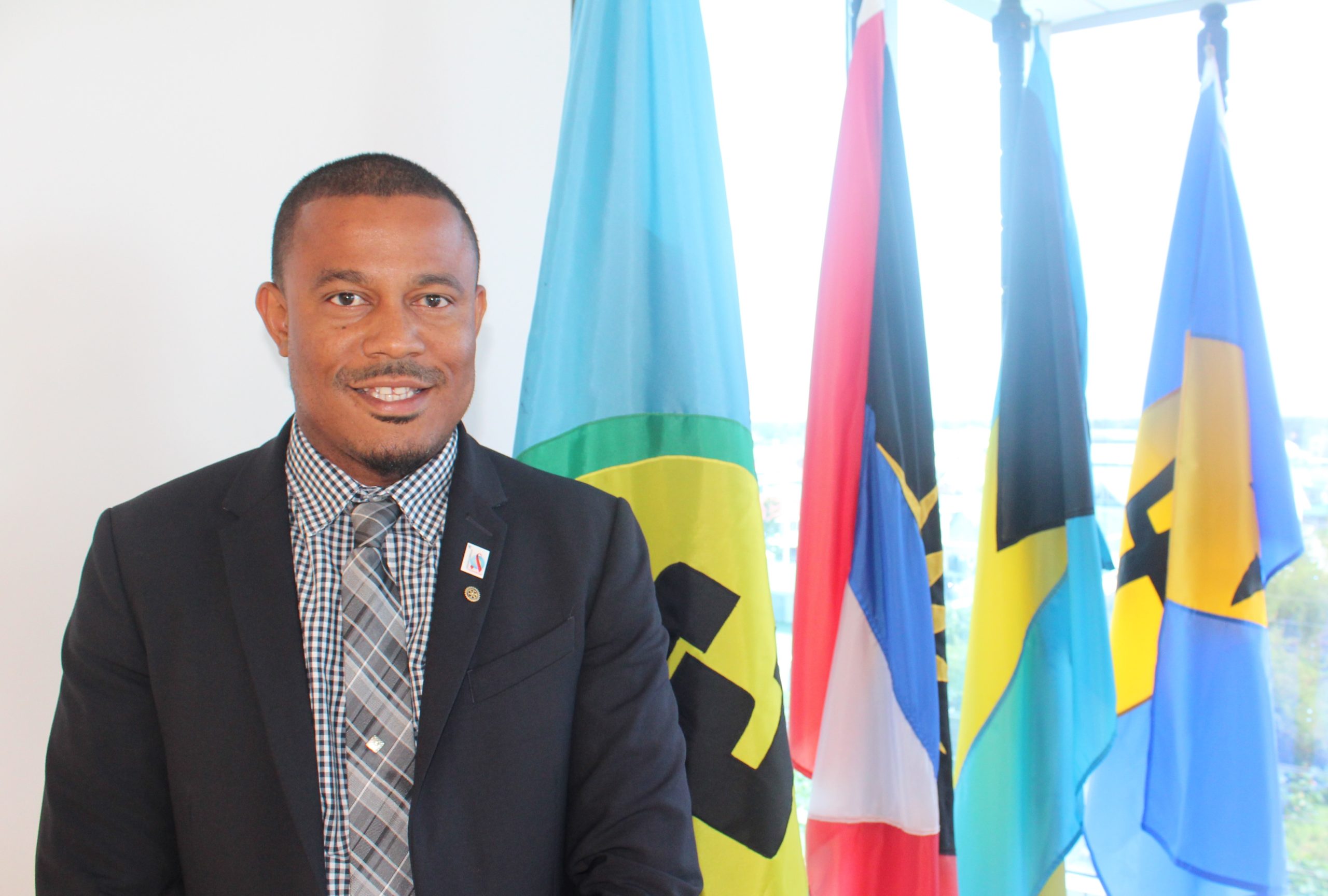
The Global Fund Continues to Support the Regional HIV Response
The Caribbean Region ranks among the top eight areas globally with the highest number of new HIV infections. Over the past decade, there have been significant strides in the Region in decreasing Mother-to-Child Transmission of HIV, decreasing deaths from AIDS, providing more Persons Living with HIV with life-saving Antiretroviral Drugs (ARVs), and supporting persons on medications in attaining viral suppression. This has resulted in a reduction in HIV transmission and improved quality of life.
However, significant challenges remain. Although 77% of the estimated 330,000 Persons Living with HIV in the Caribbean overall have been tested and are aware of their status, and 81% of those diagnosed are on life-saving medications, with 80% of those on medications attaining viral suppression, progress has not been uniform across the Caribbean.
The Region has also not been able to stem the occurrence of new infections. These disproportionately affect socially marginalized key populations, including men who have sex with men, sex workers, adolescent girls, and young women.
The ongoing Coronavirus pandemic has disrupted several vital services essential for the control of HIV in the Region. For example, prevention services have seen a steep decline while testing services in many countries have fallen off, and community outreach has come to a halt.
Considering these disruptions and the potential that the pandemic can take us off track, the Global Fund to Fight AIDS, Tuberculosis and Malaria continues to support the Region to implement mitigation strategies to ensure continuity of services for HIV.
Through the support of the Global Fund, countries are implementing HIV self-testing initiatives to reach key populations and those who have difficulties accessing testing services. The Global Fund is also supporting community efforts and strengthening Civil Society Organisations’ capacity to reach communities most in need and offer the services they require, such as home delivery of ARVs and other commodities.
The Global Fund continues to be one of the most significant donor agencies supporting HIV work in the Caribbean.
WHAT IS PANCAP?
PANCAP is a Caribbean regional partnership of governments, regional civil society organisations, regional institutions and organisations, bilateral and multilateral agencies and contributing donor partners established on 14 February 2001. PANCAP provides a structured and unified approach to the Caribbean’s response to the HIV epidemic, and coordinates the response through the Caribbean Regional Strategic Framework on HIV and AIDS to maximise efficient use of resources and increase impact, mobilise resources and build the capacity of partners.
What are the Global AIDS Strategy 2021–2026 targets and commitments?
If targets and commitments in the strategy are achieved:
- The number of people who newly acquire HIV will decrease from 1.7 million in 2019 to less than 370 000 by 2025
- The number of people dying from AIDS-related illnesses will decrease from 690 000 in 2019 to less than 250 000 in 2025.
- The goal of eliminating new HIV infections among children will see the number of new HIV infections drop from 150,000 in 2019 to less than 22,000 in 2025.
What are the 95-95-95 Targets for ending AIDS?
- 95% of People Living with HIV know their HIV status;
- 95% of people who know their status on treatment; and
- 95% of people on treatment with suppressed viral loads.
HELPFUL LINKS:
Global AIDS Strategy 2021–2026, End Inequalities, End AIDS
https://pancap.org/pancap-documents/global-aids-strategy-2021-2026-end-inequalities-end-aids/
Caribbean Regional Strategic Framework on HIV and AIDS (CRSF) 2019-2025
https://pancap.org/pancap-documents/caribbean-regional-strategic-framework-2019-2025/
